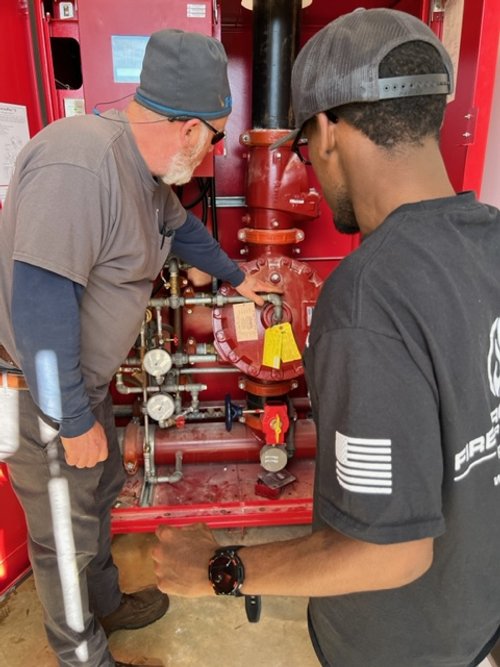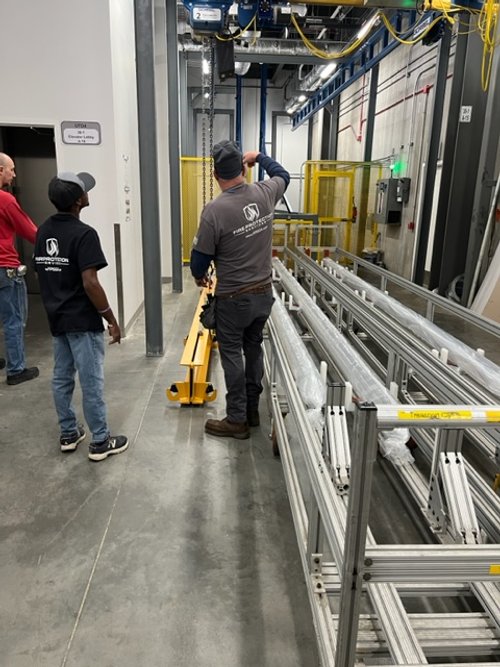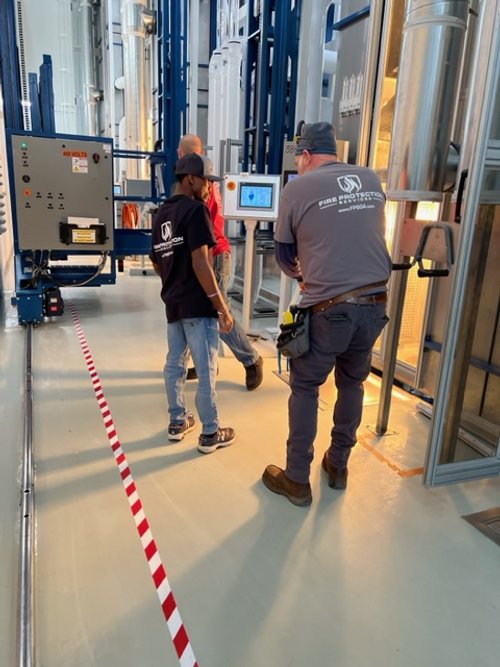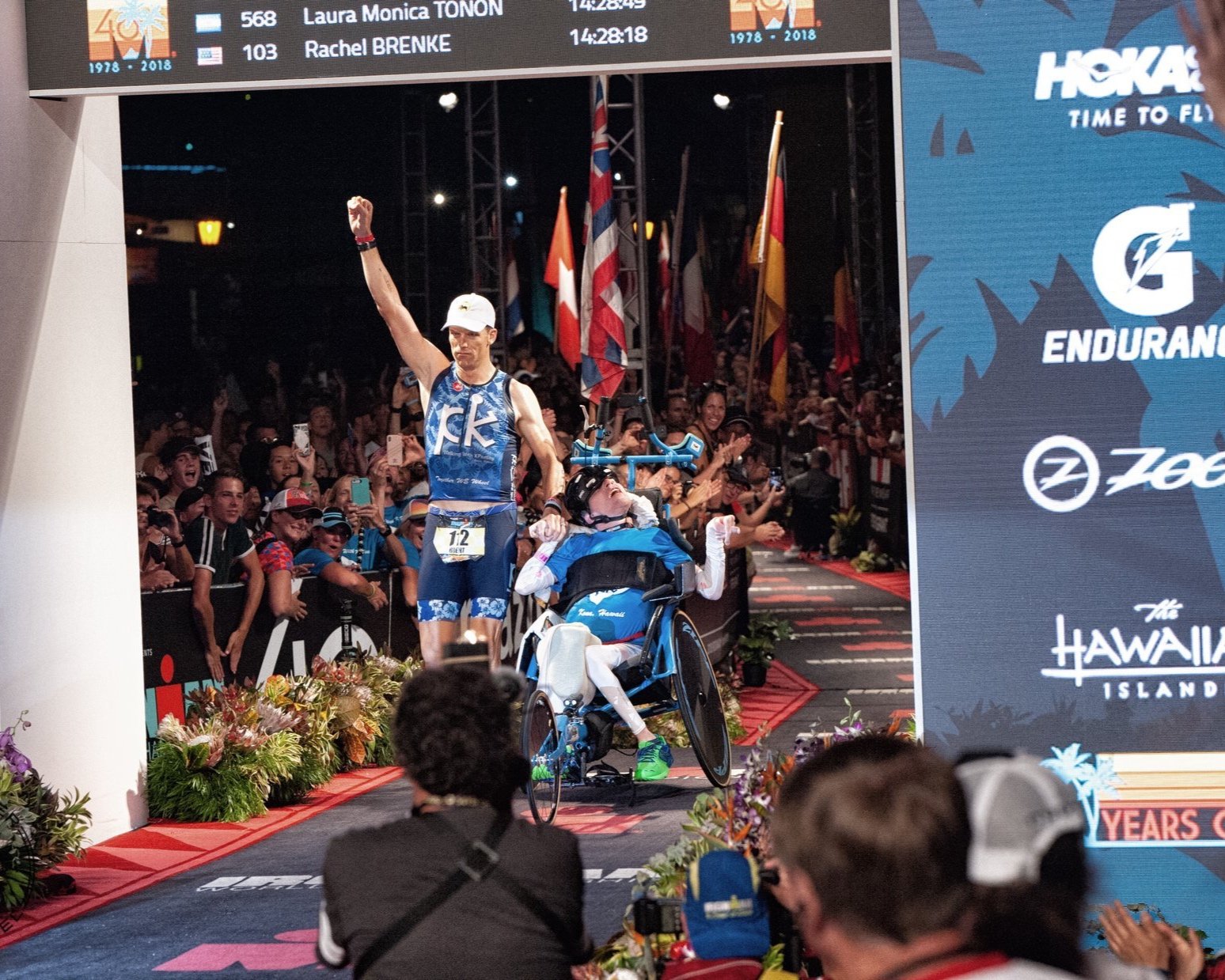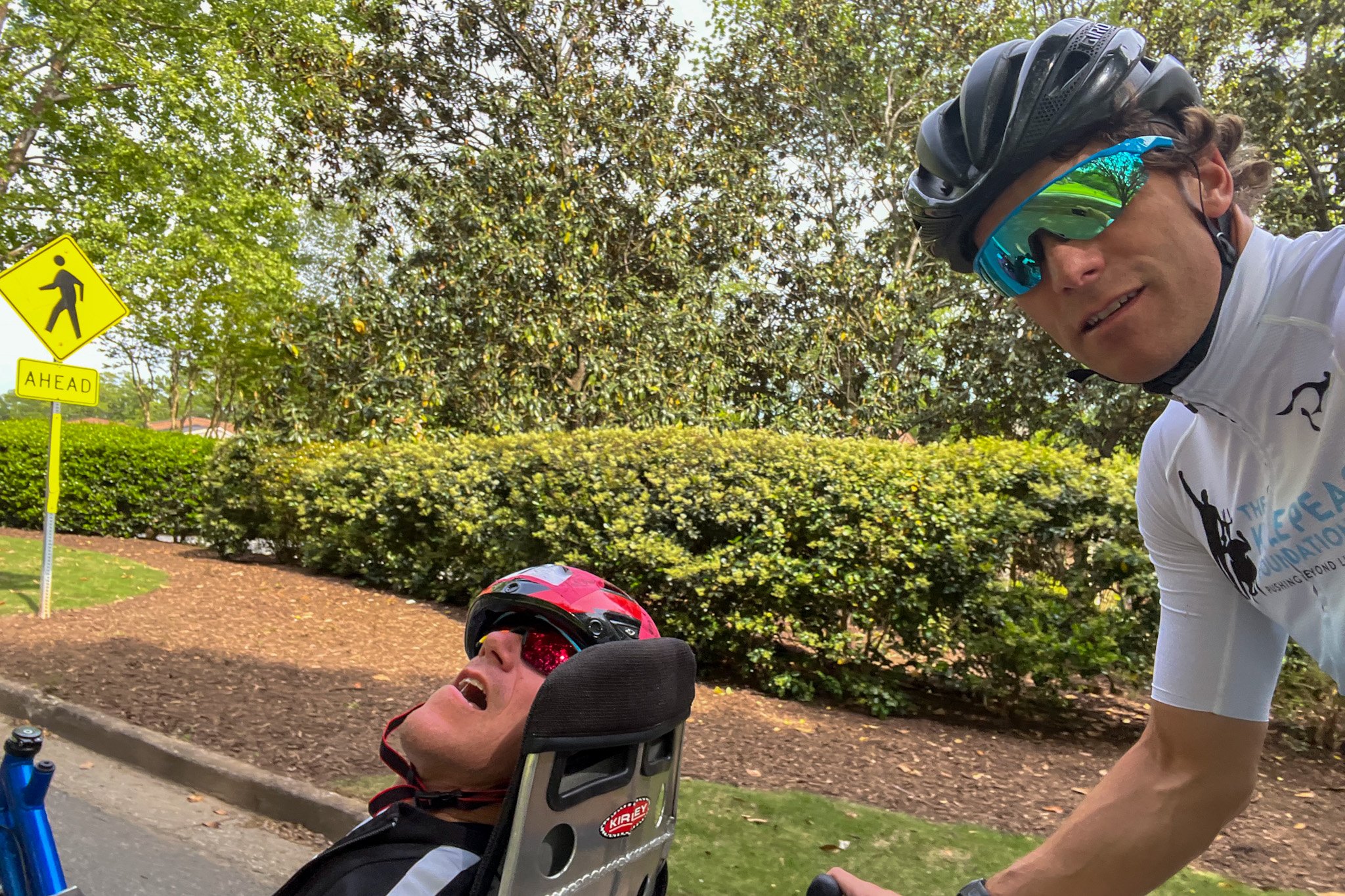Racing tactics are very much at the forefront of erging competitions. In preparation for this year’s event, I needed to amp up my sprinting game. During my training, I had been sprinting through intervals of five minutes, following a 2k plan. So, my body was accustomed to rowing longer. Not necessarily a good thing for a 1k all-out sprint.
Even as I was warming up pre-race, I was scrambling to design my race strategy. I decided to just truncate my rowing tactics – hard for 250m, steady for 500m, then drill the last 150m. If I committed to that first set of meters, I knew I could get my breath back in the longer stretch before burying it at the end.
A sense of pride washed over me as I finished. My legs shook from the adrenaline rush. With a time of 5:30.9, I had set a record for the physically challenged division.
Rowing has had a profound impact on me. It has taught me that we are always evolving, physically and mentally, along with our dreams and goals. Moving forward requires developing new skills and understanding that failure may rear its ugly head. Yet, we must accept the possibility that we may fail. It’s okay to fail. Sometimes, it is necessary. Failure presents an opportunity to address our flaws and transform them into our strengths.
As I get older, I find mechanical sounds very satisfying – the click of sprockets feeding a bike chain in a perpetual cycle, the whoosh of an ergometer’s fly wheel – it’s the harmonious symphony of hard work paying off. Even if it’s only for five minutes.










